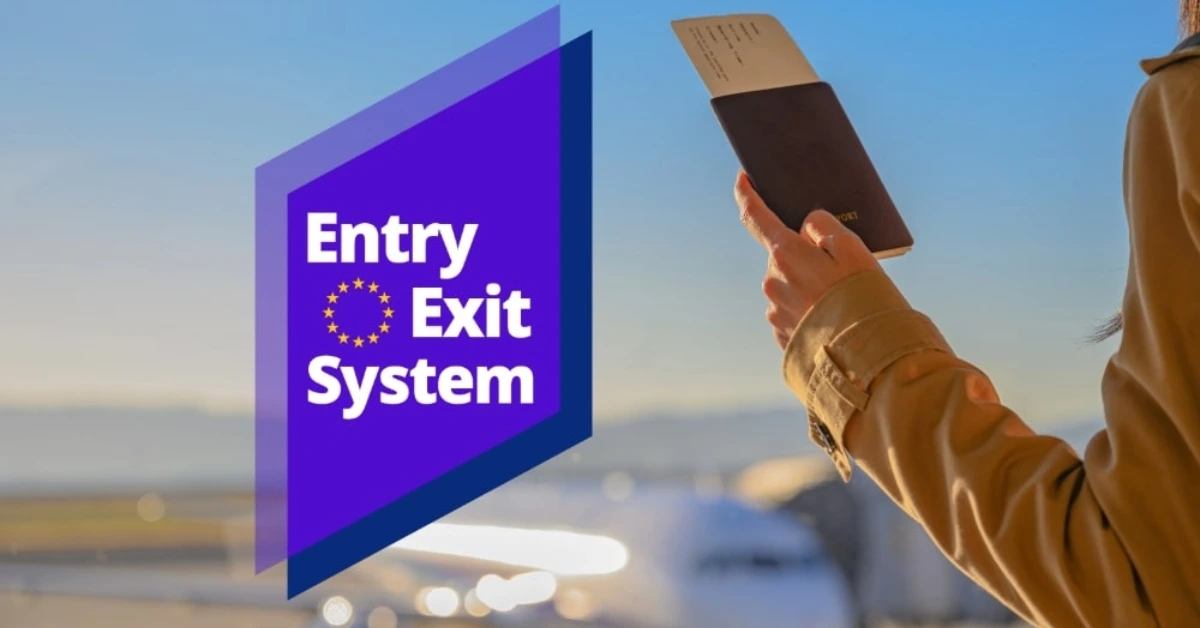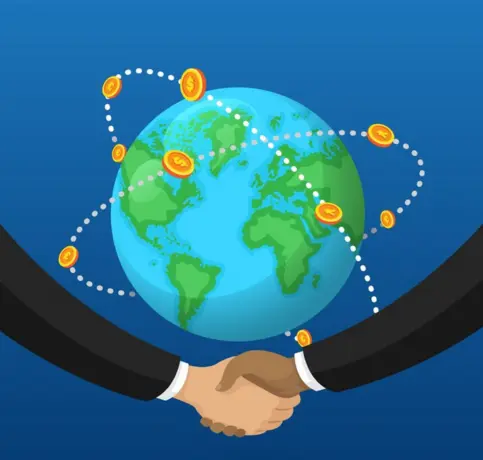Remitforex – The Money Transfer Expert
Remitforex – The Money Transfer Expert





As of October 12, 2025, Europe will implement a new border system called the Entry/Exit System (EES). This is one of the biggest changes to how people enter and leave the Schengen Area in years.
If you’re an Indian planning to visit Europe for a holiday, work trip, or to see family, you’ll notice some new steps when you land at the airport. Instead of getting your passport stamped, your details will now be stored in a digital system.
The Entry/Exit System is a digital register that will replace the old method of stamping passports when travellers enter or leave the Schengen Area.
When you enter or exit Europe, the system will capture your passport details, take a photo of your face, and occasionally collect your fingerprints. This information is stored in a secure EU database instead of being recorded with ink stamps in your passport.
The EU wants to:
For travellers who follow the rules, it should eventually mean quicker, smoother border crossings.
If you are an Indian applying for a Schengen visa, you will be included in the EES once you land in Europe.
You may have heard about ETIAS as well, but don’t confuse the two:
Since Indians need a Schengen visa, ETIAS does not apply to you right now.
Here’s what to expect once EES starts:
1. First trip after October 12, 2025
2. On later trips
How long will my data be stored
No. Indians still need to apply for a Schengen visa as before.
The system will automatically track how long you’ve stayed in the Schengen Area.
So it’s more important than ever to plan your trips carefully.
Before you travel
At the airport (arrival in Europe)
During your stay
At exit
Foreign Exchange at Best Rates: Get euros and other currencies at competitive rates. Exchange and buy foreign currencies easily.
Unimoni Forex Card: Unimoni offers one-currency, multi-currency, and student forex cards for easy transactions abroad. It comes with easy reload options, even while you’re abroad (your family can reload in India). 24/7 customer support is available for assistance with lost or blocked cards.
Easy International Transfers: Pay for visa fees, university fees, travel expenses, family maintenance, gifts or conference registrations securely. Transfers are fast, compliant, and well-documented.
Travel Insurance: Covers medical emergencies, Loss of passport, Loss of checked baggage, Personal Accident, Personal Liability and Daily allowance in case of hospitalization.
Flight Tickets with Special Fares: Access to special fares and extra baggage allowance.
Visa Guidance & Assistance: Expert advice on visa categories with complete visa and documentation assistance.
Student-Specific Assistance: Help with education loan disbursement for tuition fees. Assistance with GIC accounts, blocked accounts (Germany), and remittances.

